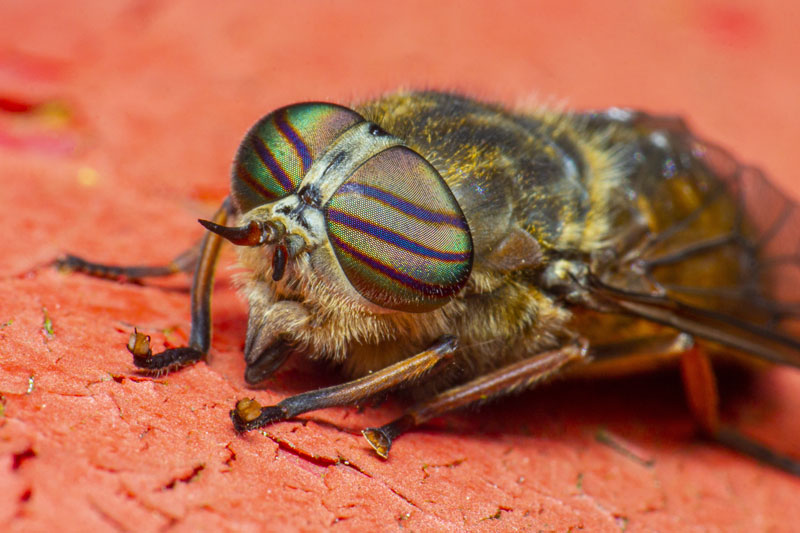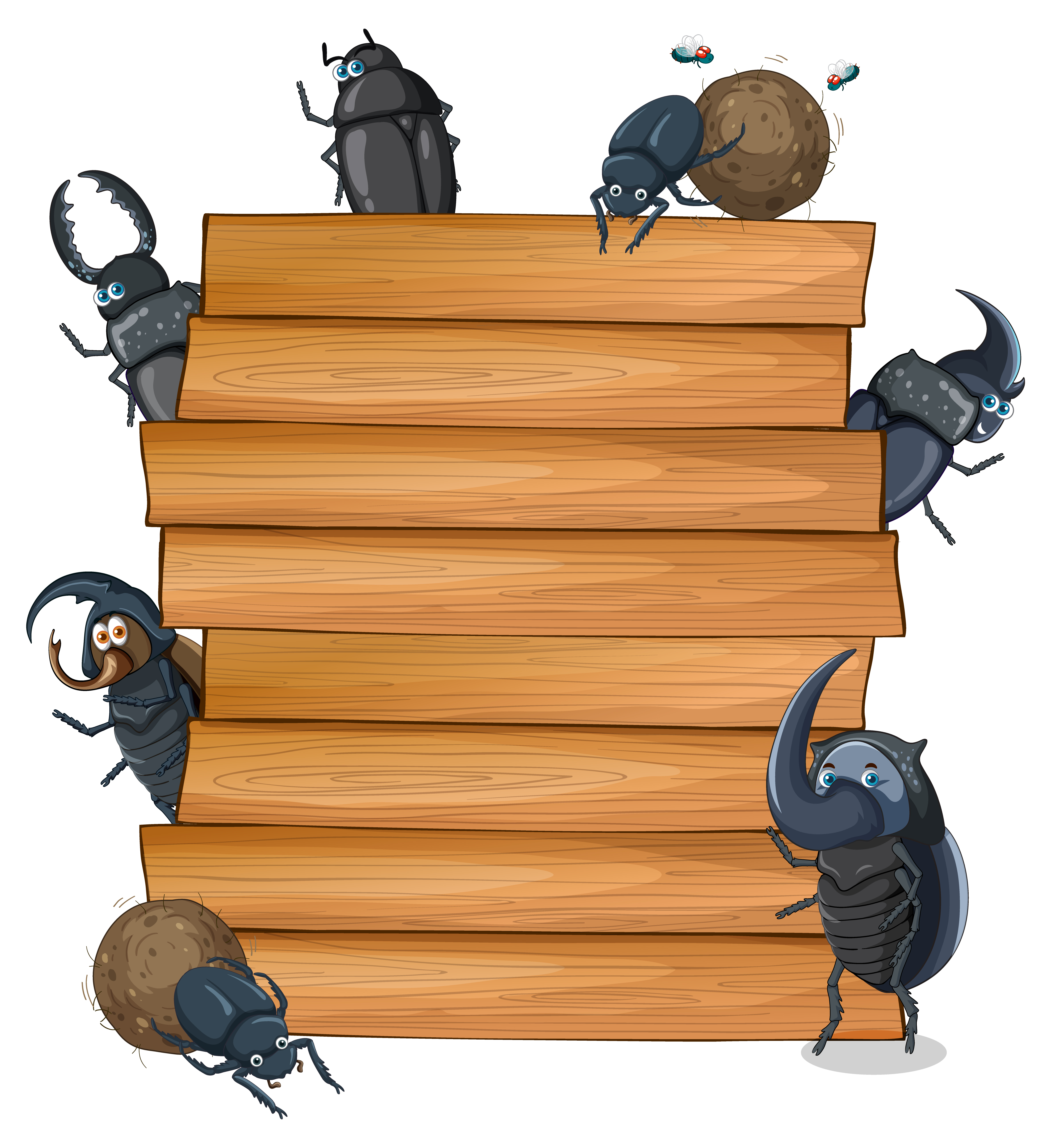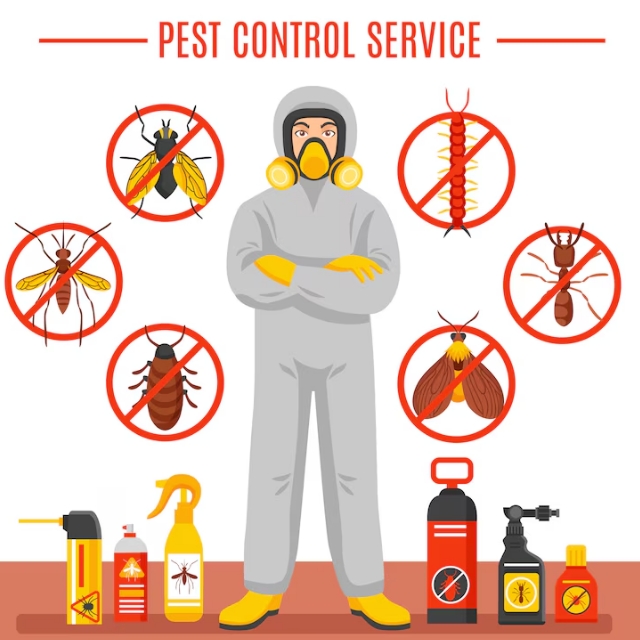Ultimate Guide to Pest Control: Safeguarding Your Home and Health

Pest control is important for keeping a safe, healthy, and comfortable living space. Insects such as insects, mice, and some other animals we do not want around us can cause immense damage to property and spread diseases while also causing discomfort to life. The purpose of controlling pests is to deal with the current problem and stop any chances of future breeding. This guide will discuss multiple angles on pest control Perth, such as common pests, preventive measures, and how to fight them more effectively.
Understanding Common Household Pests To manage pests well, one must know which pests there are around that might be encountered by them on their way, so here we give some examples of such creatures:
1. Insects
Ants: Ants are social insects that may be found in homes in search of food and water. Common species include carpenter ants, which can damage wood, and fire ants, responsible for their stingers.
Cockroaches: These hardy pests can spread diseases and allergens. They are often found in kitchens or bathrooms, as they like warm, moist places.
Termites: Termites are known to cause a lot of trouble in the world of wood. They eat cellulose, which is present in wood and some other materials, in large quantities.
Bed bugs are small, annoying, blood-sucking insects that are resistant to eradication when they’re in a home. They are typically found in mattresses, bedsheets, and furniture.
2. Rodents
Mice: Mice can fit through small holes, and kitchens are where they usually search for food. They might leave their feces or pee on the food or surfaces, which could lead to contamination and diseases. Rats, on the other hand, are also dangerous in their unique ways. Unlike mice, rats are larger and tend to be destructive. They cause fire outbreaks and structural damage by chewing electrical wires, wood, or plastics.
3. Other Pests
Spiders: Although most spider bites are not harmful, some, such as the black widow or brown recluse, can cause great pain and danger.
Fleas: Fleas are insects that live off mammal and bird blood. They cause itchiness, allergic reactions, and disease transmission.
Ticks: Ticks can transmit serious diseases, including Lyme disease and Rocky Mountain spotted fever. These vectors attach to their hosts’ bodies and feed on their blood.
Prevention Strategies
Preventing pests from entering your home is the first line of defence. Here are some effective prevention strategies:
1. Maintain Cleanliness
Clean your house often. Doing so will decrease the number of places where pests can eat or hide. Be sure to reach your kitchen, dining area, and other rooms storing or using food. Properly store food materials. Use airtight containers when keeping your food to avoid insects’ entry. Also, keep the pet meals secure.
Dispose of Garbage Properly: Use trash cans with tight-fitting lids and empty them regularly. Clean the trash cans to remove any residue that might attract pests.
2. Seal Entry Points
Inspect Your Home: Regularly inspecting your home for cracks, gaps, and holes that pests can use to enter is essential. Pay special attention to areas around windows, doors, and utility pipes.
Use Sealants: Fill gaps in windows and doors with caulk, steel wool, or other appropriate materials. Add door sweeps or weather stripping to eliminate the space beneath the door.
3. Eliminate Standing Water
Fix Leaks: Fix leaks as soon as they’re noticed. Swift repair of leaks from dripping taps, pipes, or appliances would keep the moisture that attracts mosquitoes and cockroaches at bay.
Drain Stagnant Water: Ensure that gutters, birdbaths and other similar spots do not collect standing water. Mosquitoes multiply in still water.
Effective Pest Control Methods
Various pest control methods can help eliminate and manage infestations when prevention is insufficient. Here are some of the most effective approaches:
1. Chemical Control
Insecticides and Pesticides: These chemicals are formulated to kill or repel pests and come in various forms, such as sprays, baits, and powders. Adhere to the manufacturer’s guidelines for safe and efficient application.
Rodenticides: These are chemicals specifically formulated to kill rodents. They are often used in bait stations to minimize the risk to non-target animals and humans.
2. Biological Control
Natural Predators: We can control pest populations biologically by using ladybugs to eliminate aphids and nematodes to kill soil pests.
Microbial Insecticides: Bacteria, fungi, and viruses that target certain pests are found in them. They are thought to be friendly to the environment and harmless to animals.
3. Physical Control
Different traps have been made for various pests, including snap types used on rats or mice; sticky ones are mainly designed to target bugs, while pheromone kinds will catch moths instead. Using them will help you monitor what might happen with these invaders or reduce their number. Screening off entrance points with meshes over air openings like doors will thwart insects from accessing your premises. Vent pipe coverings can serve the same purpose by covering holes from which they could penetrate.
Integrated Pest Management (IPM) is a comprehensive approach to pest control Brisbane that employs multiple methods for long-term effectiveness. The key principles of IPM include:
Monitoring: Consistently check your home for indications of pests. Determine the types of pests present and locate their entry points.
Identification: Properly identify the pests to determine the most effective control methods.
Prevention: Take preventive measures to minimize the risk of infestation.
Control: Use a combination of chemical, biological, and physical control methods to manage pests effectively.
Evaluation: Continuously evaluate the effectiveness of your pest control efforts and make adjustments as needed.
When to Call a Professional
Although homeowners can handle some pest control activities, professional pest control services are necessary in certain instances. Below are situations when it is essential to invite professionals
Severe Infestations: A professional can provide more effective solutions if you have a large or persistent infestation you cannot control.
Health Risks: Certain pests, like rodents and bed bugs, present substantial health risks. Professional exterminators possess the tools and expertise to manage these pests safely.
Structural Damage: Termites and carpenter ants can substantially damage your home’s structure. Engaging a professional enables an evaluation of the damage and the application of suitable treatments.
Specialized Treatments: Some pests require specialized treatments, such as fumigation for termites or heat treatment for bed bugs. Professionals perform these treatments best.
Conclusion
Always remember that it is better to prevent pests from getting inside your house than exterminate them later on when things have already gotten out of control. Do not wait too long to call a professional pest control service when the problem is severe and poses significant health risks. With good strategies, you can make your home free from pests and, in addition, have a safe and nice area to live in for you and your family.



